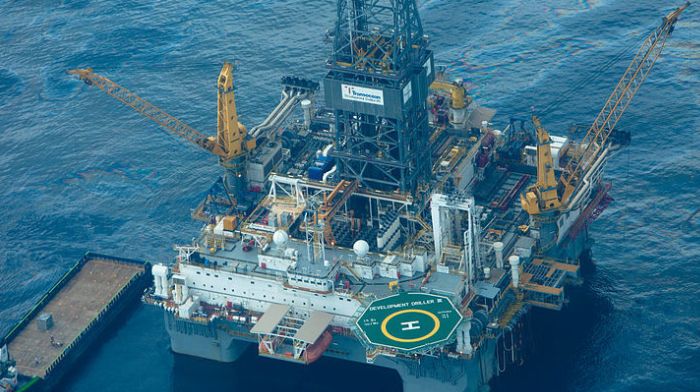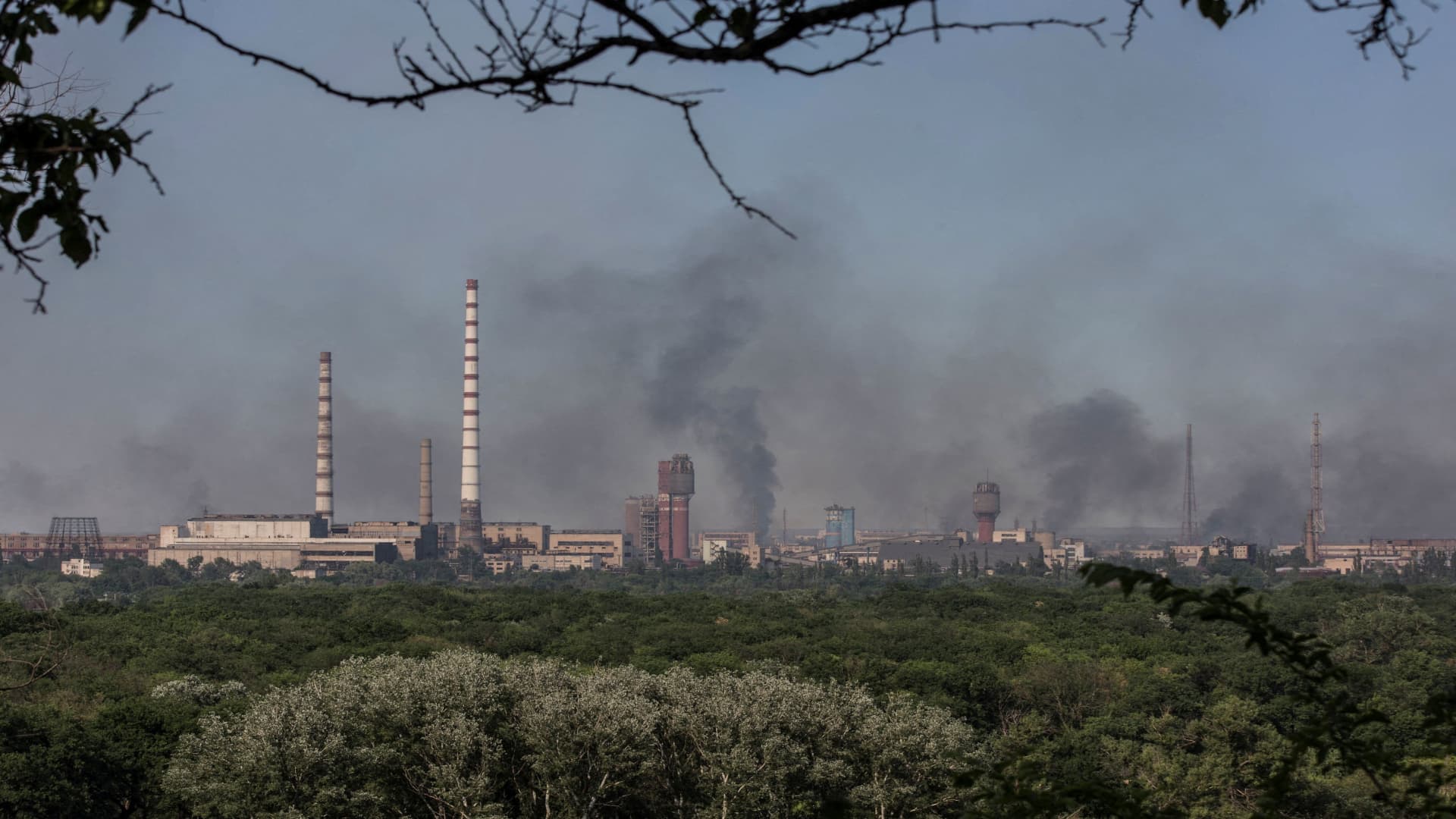By Mike Sommers for RealClearEnergy
Fresh off the 1973 oil embargo, America needed to change its bleak energy picture.
Our nation was increasingly dependent on foreign oil – and stark realities hit like a hammer when OPEC blocked oil exports to the U.S. and other countries. We were in an energy crisis marked by gasoline rationing, fuel thievery and deepening national malaise.
Americans wondered if our country’s best days were behind us and whether the opportunity to grow, build and make the world better would always be constricted by energy scarcity.
However, intrepid prospectors knew there were billions of barrels of oil on Alaska’s North Slope, where energy development was in its infancy. Fortunately, a public-private partnership had launched a bold plan to build an 800-mile crude oil pipeline from Prudhoe Bay in the north to Valdez in the south, where it could be transported to the Lower 48 by tanker vessels.
RELATED: Biden Bristles After Chevron CEO Fires Back At Administration’s Energy Policies
Construction started in 1975, and since it opened in 1977, the Trans Alaska Pipeline has transported 18 billion barrels of oil.
Today most every American is feeling the brunt of a new energy crisis – and many of them are searching for big, bold U.S. energy leadership. Oil demand continues to outstrip supply. Prices for fuel and any number of goods and services have soared, and inflation is at a 40-year high. Our European allies teeter on the brink of being besieged by Vladimir Putin because of their dependence on Russian energy.
Support Conservative Voices!
Sign up to receive the latest political news, insight, and commentary delivered directly to your inbox.
Recent polling shows Democrats, Republicans and Independents want a real American energy plan, one that embraces American oil and natural gas now and as a long-term energy asset. It will take a course correction from Washington to forge a partnership between the oil and gas supply chain and government, to encourage investment and accelerate infrastructure.
Here are 10 actions policymakers can take right now:
- Lift Development Restrictions on Federal Lands and WatersThe Department of the Interior (DOI) should swiftly issue a 5-year program for the Outer Continental Shelf and hold mandated quarterly onshore lease sales with equitable terms. DOI should reinstate canceled sales and valid leases on federal lands and waters.
- Designate Critical Energy Infrastructure ProjectsCongress should authorize critical energy infrastructure projects to support the production, processing and delivery of energy. These projects would be of such concern to the national interest that they would be entitled to undergo a streamlined review and permitting process not to exceed one year.
- Fix the NEPA Permitting ProcessThe Biden administration should revise the National Environmental Policy Act (NEPA) process by establishing agency uniformity in reviews, limiting reviews to two years, and reducing bureaucratic burdens placed on project proponents in terms of size and scope of application submissions.
- Accelerate LNG Exports and Approve Pending LNG ApplicationsCongress should amend the Natural Gas Act to streamline the Department of Energy (DOE) to a single approval process for all U.S. liquefied natural gas (LNG) projects. DOE should approve pending LNG applications to enable the U.S. to deliver reliable energy to our allies abroad.
- Unlock Investment and Access to CapitalThe Securities and Exchange Commission should reconsider its overly burdensome and ineffective climate disclosure proposal and the Biden administration should ensure open capital markets where access is based upon individual company merit free from artificial constraints based on government-preferred investment allocations.
- Dismantle Supply Chain BottlenecksPresident Biden should rescind steel tariffs that remain on imports from U.S. allies as steel is a critical component of energy production, transportation, and refining. The Biden administration should accelerate efforts to relieve port congestion so that equipment necessary for energy development can be delivered and installed.
- Advance Lower Carbon Energy Tax ProvisionsCongress should expand and extend Section 45Q tax credits for carbon capture, utilization, and storage development and create a new tax credit for hydrogen produced from all sources.
- Protect Competition in the Use of Refining TechnologiesThe Biden administration should ensure that future federal agency rulemakings continue to allow U.S. refineries to use the existing critical process technologies to produce the fuels needed for global energy markets.
- End Permitting Obstruction on Natural Gas ProjectsThe Federal Energy Regulatory Commission should cease efforts to overstep its permitting authority under the Natural Gas Act and should adhere to traditional considerations of public needs as well as focus on direct impacts arising from the construction and operation of natural gas projects.
- Advance the Energy Workforce of the FutureCongress and the Biden administration should support the training and education of a diverse workforce through increased funding of work-based learning and advancement of STEM programs to nurture the skills necessary to construct and operate oil, natural gas and other energy infrastructure.
RELATED: Biden Calls For Federal And State Gas Tax Holidays, A Move Critics Call A ‘Gimmick’
This is a framework for new American energy leadership – for our nation and for America’s friends abroad – supporting investment and creating new resource access while avoiding unnecessarily restricted energy growth due to government policies and regulation. It’s time to lead.
Mike Sommers is the President and CEO of the American Petroleum Institute.
The opinions expressed by contributors and/or content partners are their own and do not necessarily reflect the views of The Political Insider.

























































